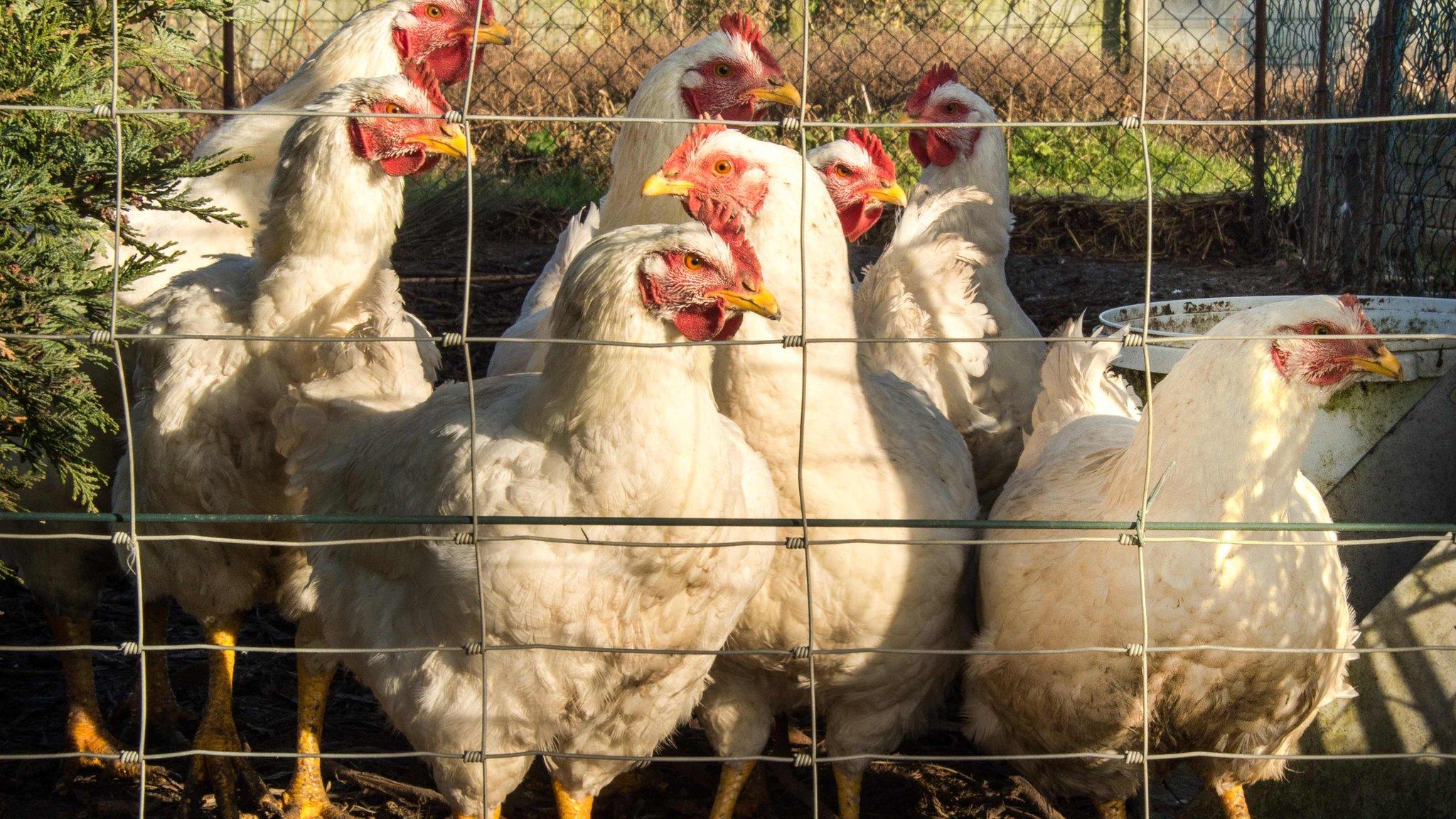Vigilance call after new avian flu case in Wales
- Published
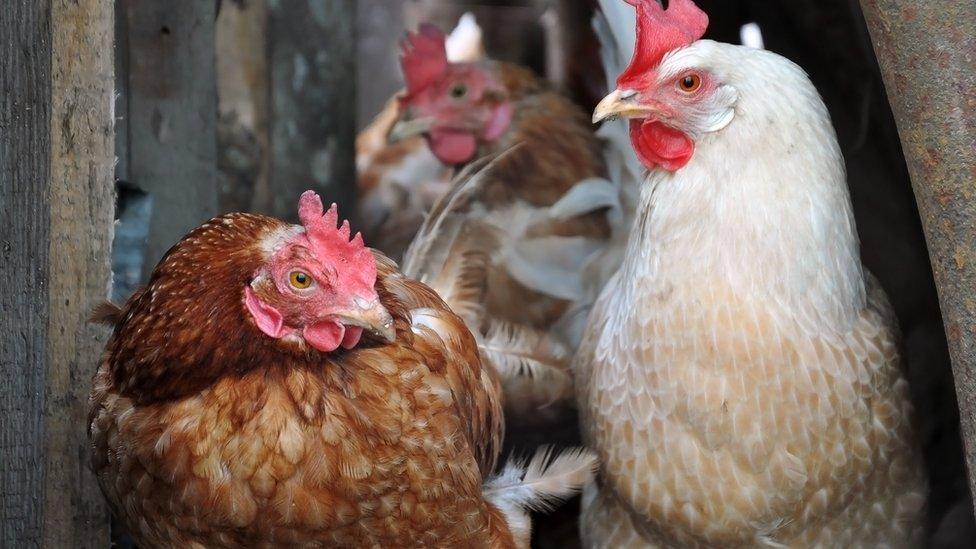
The chief vet for Wales has urged poultry and bird owners to remain vigilant following the outbreak of avian flu in Carmarthenshire.
The H5N8 strain of the infection was confirmed in chickens and ducks in the Pontyberem area on Tuesday, after the birds were culled.
It is the same strain of the virus found in an infected wild duck in Llanelli and turkeys in Lincolnshire.
An avian flu prevention zone has now been extended to all of Wales.
The Cabinet Secretary for the Environment and Rural Affairs, Lesley Griffiths made the announcement on Wednesday based on "expert advice."
The prevention zone was originally introduced on 6 December 2016 and will be in place until 28 February 2017.
It aims to protect poultry flocks and other domestic birds from the disease with enhanced biosecurity measures, such as a requirement for all keepers of poultry and other captive birds to keep their birds indoors or separate from wild birds.
Ms Griffiths said: "My message to bird owners, including to back yard flock keepers, is to adhere to the requirements set out in the prevention zone, remain vigilant for signs of disease and practice good biosecurity at all times."
The outbreak has also forced the National Welsh Poultry Weekend event in Pembrokeshire to be cancelled.
Avian flu: "Be vigilant," says Prof Christianne Glossop
Speaking on Wednesday, chief veterinary officer Prof Christianne Glossop said: "It's disappointing that the infection, which we first of all found in wild birds in Wales, has seemed to have spilt over into a domestic flock, but it's not surprising.
"What we need people to do is to be really vigilant - and we are very grateful to the owners of these birds, that they noticed signs of disease and they called a vet."
Prof Glossop said the Pontyberem birds had "quite severe" symptoms.
"We know that we are dealing with highly pathogenic flu in the birds in Lincolnshire - so yes - it is quite a virulent stain of the virus," she told BBC Radio's Good Morning Wales programme.
The chief vet said bird owners should get veterinary advice if they see symptoms such as their birds:
Appearing unwell
Stop laying eggs
Stop eating
Sneezing, nervous signs, or swelling
Members of the public have been encouraged to report dead wild waterfowl or gulls, or five or more dead wild birds of other species in the same location.
Public Health Wales has said the risk to public health was "very low" with the Food Standards Agency having also said avian flu does not pose a food safety risk for UK consumers.
Thoroughly cooked poultry and poultry products, including eggs, are safe to eat.
Dr Hazel Wright, senior policy officer at the Farmers' Union of Wales, said: "This is a worry for our poultry farmers and anyone who keeps chickens, ducks and other poultry in a small or private capacity.
"I urge those who keep birds to follow the official guidelines provided by the chief veterinary officer and practise the highest level of biosecurity."
- Published3 January 2017
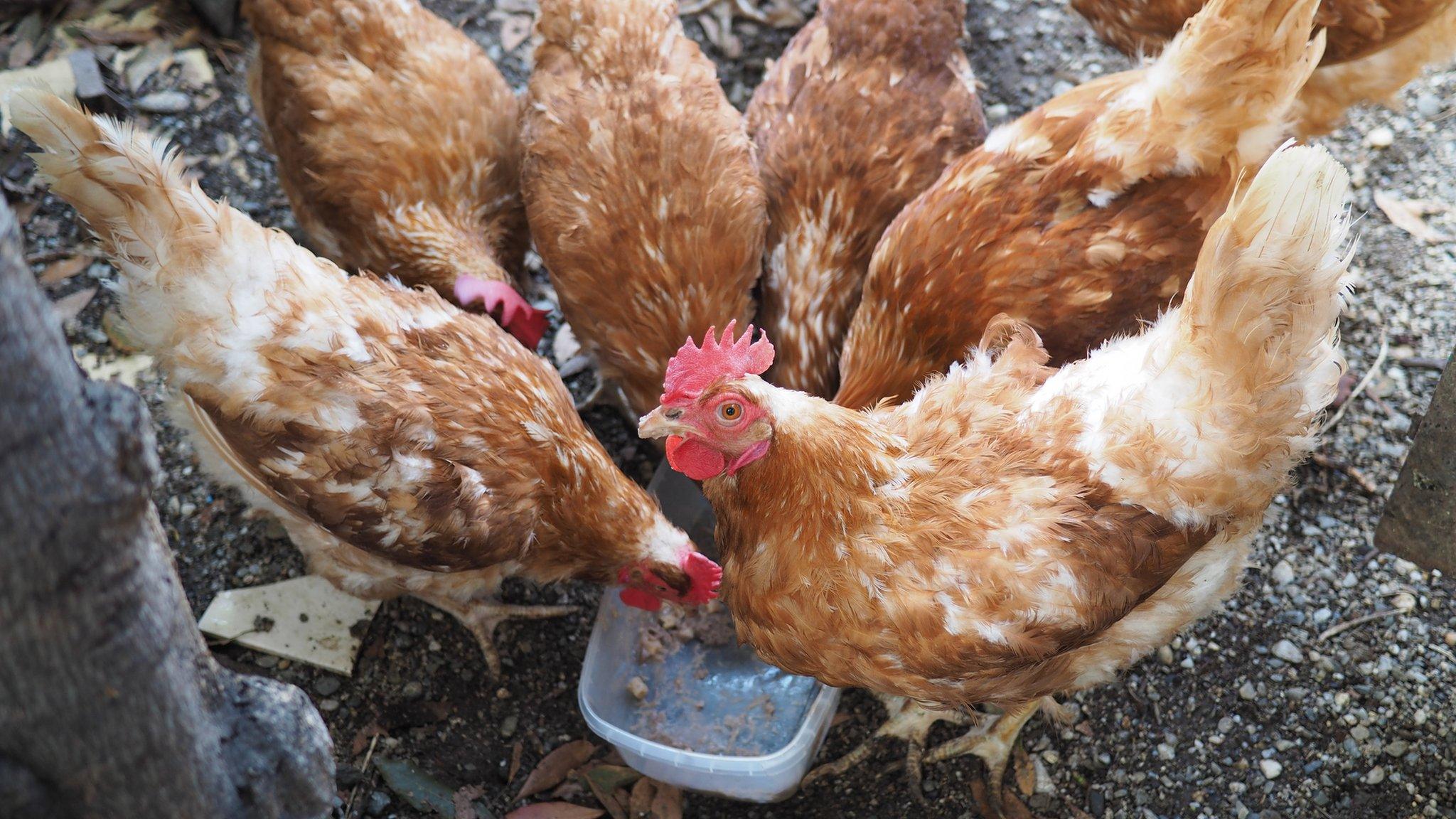
- Published22 December 2016
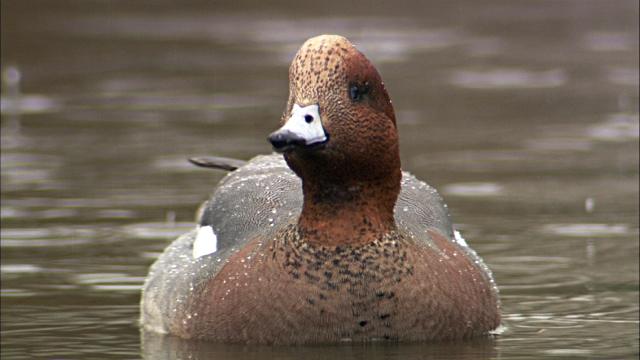
- Published3 January 2017
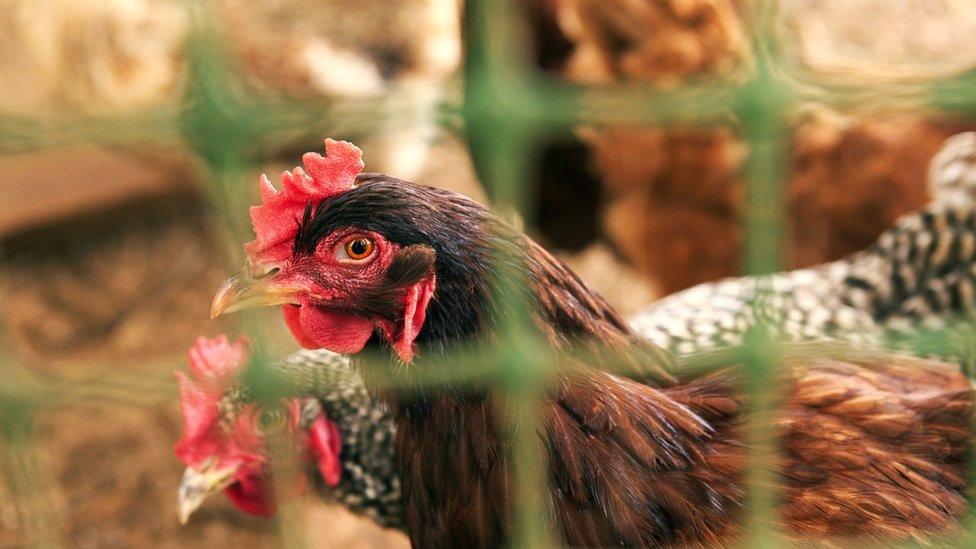
- Published7 December 2016
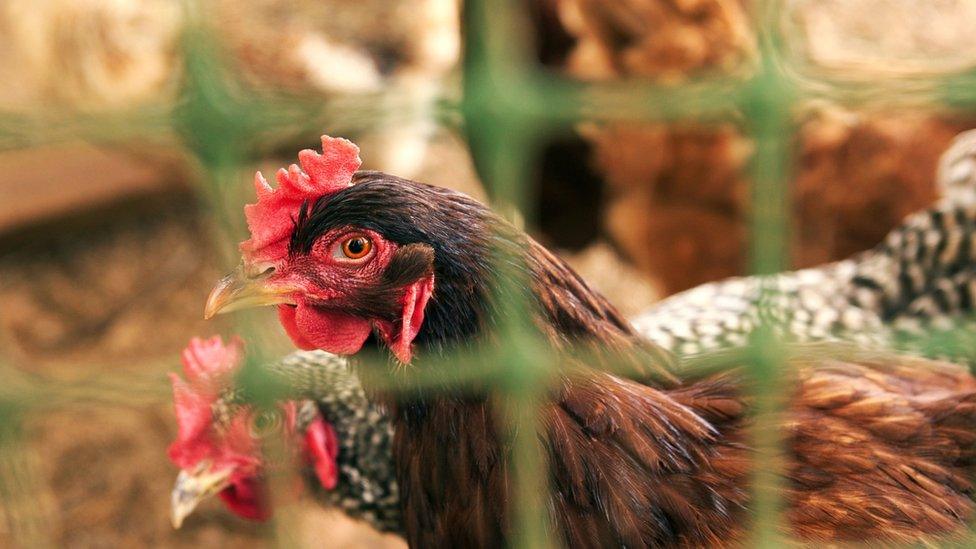
- Published20 December 2016
